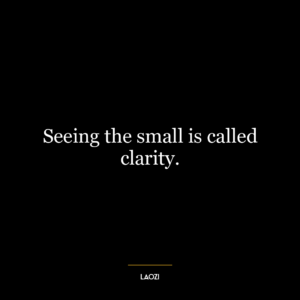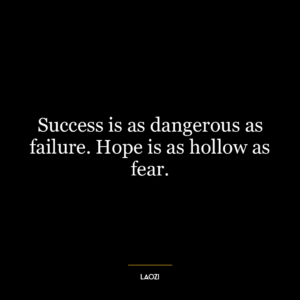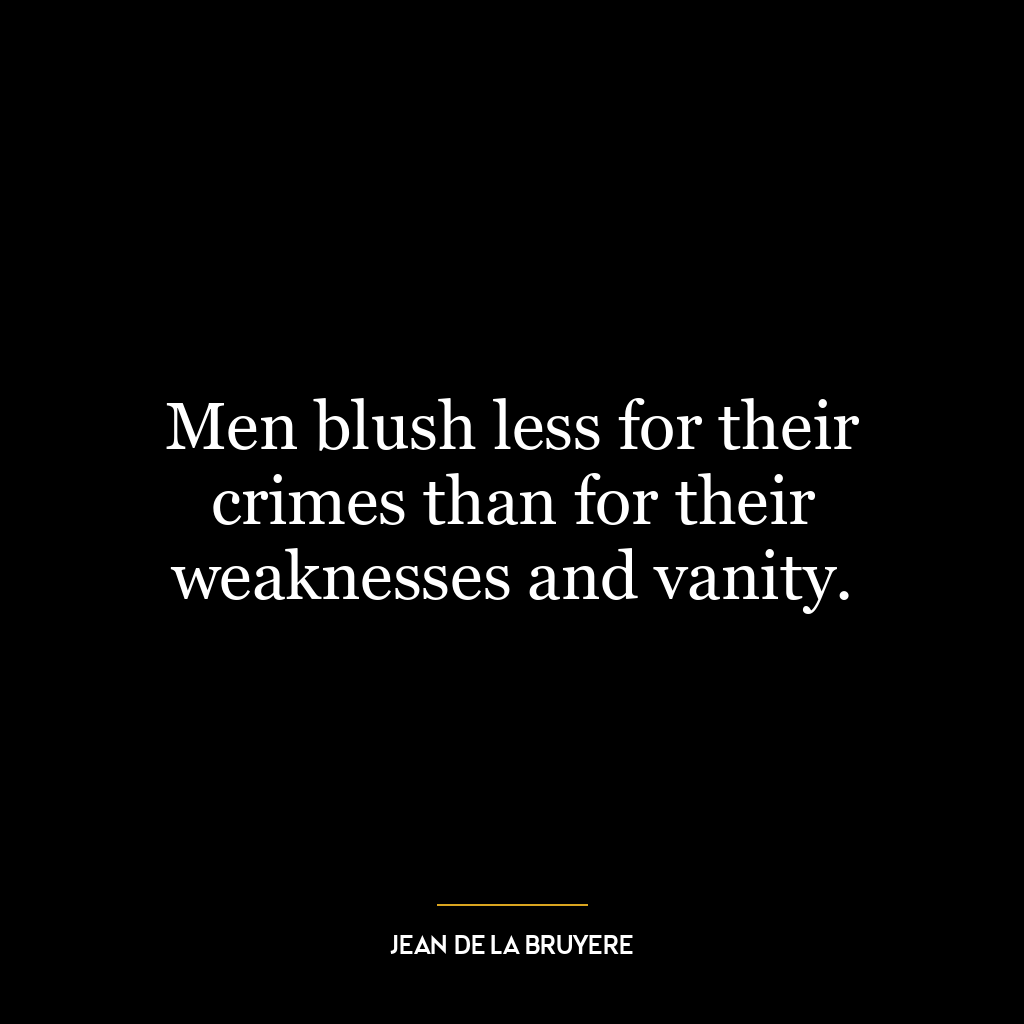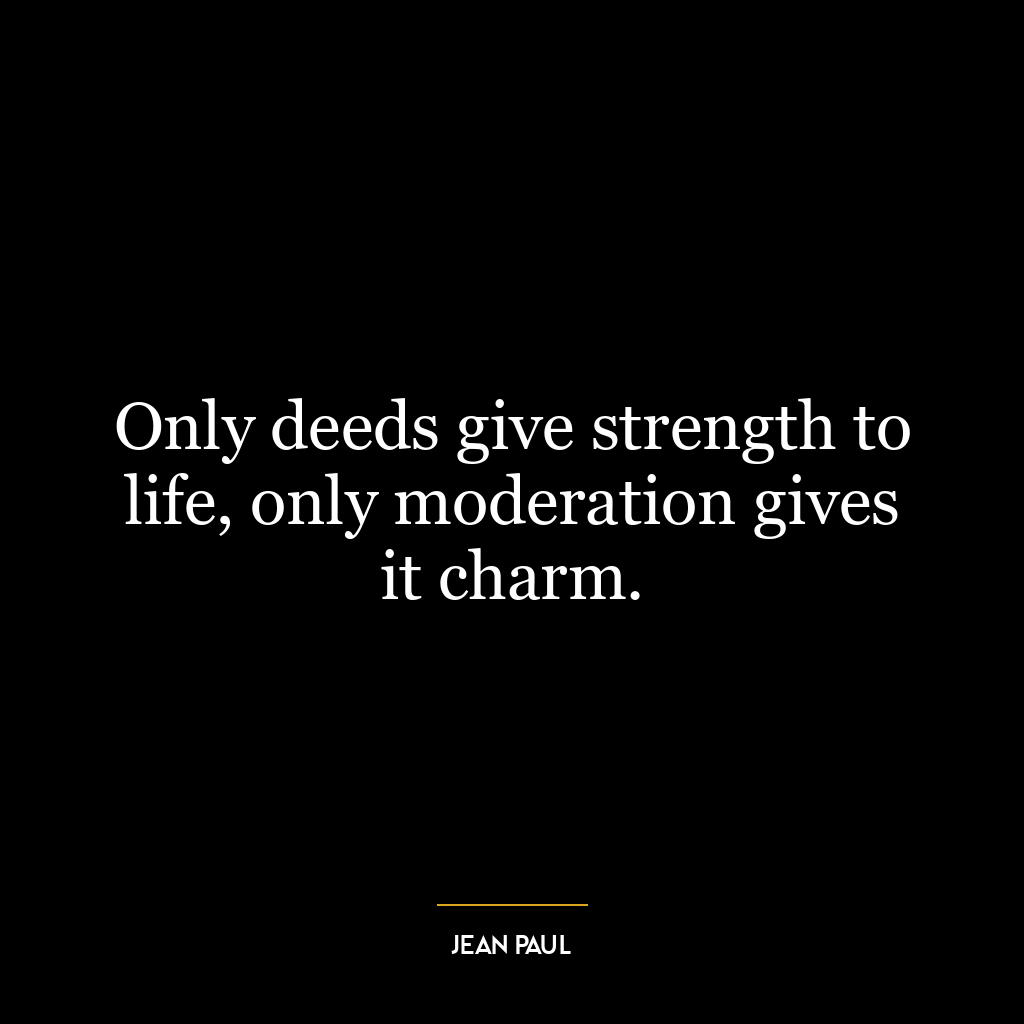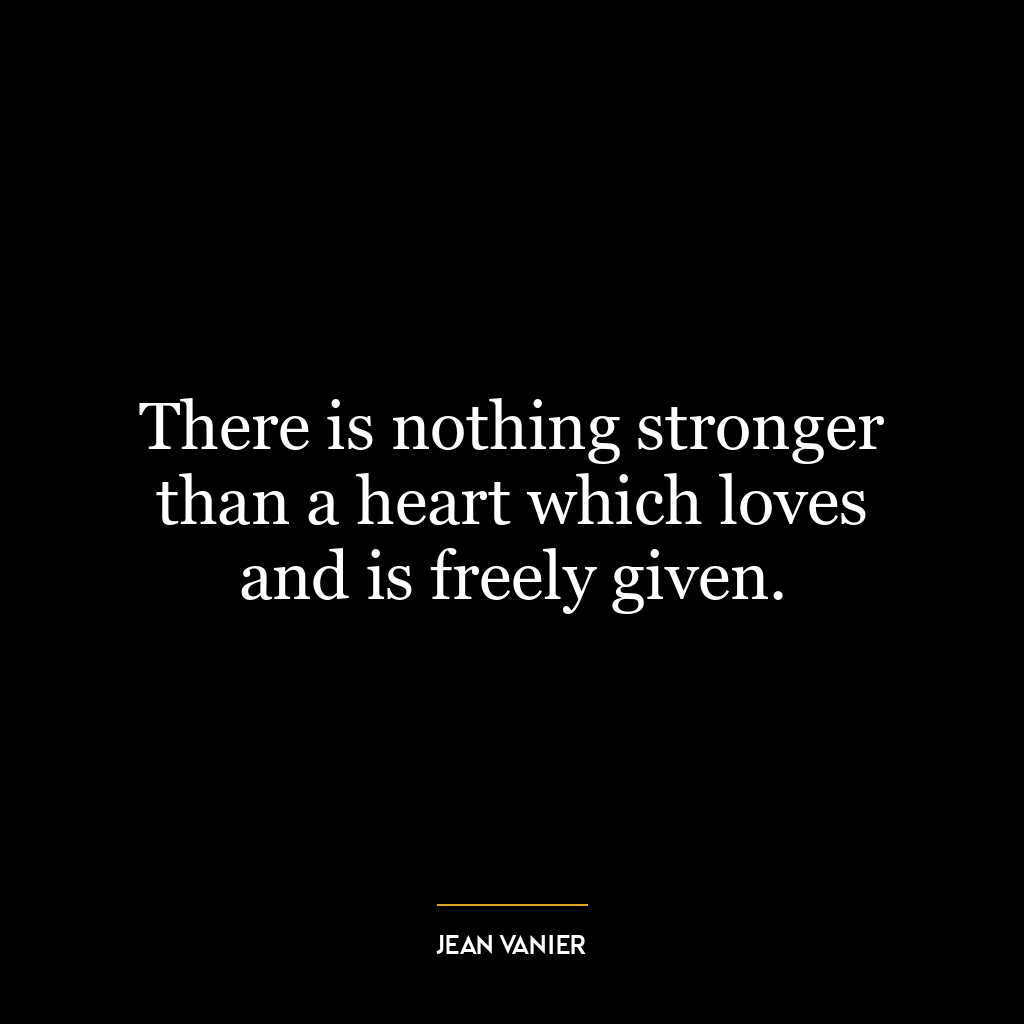Nothing is weaker than water, Yet for overcoming what is hard and strong, Nothing surpasses it.
This quote is a profound reflection on the paradoxical nature of strength and weakness. At first glance, water may seem weak because it is fluid, soft and yielding, but it possesses an inherent, subtle strength. It can erode the hardest rock, carve the deepest canyon, and sweep away the most solid structures.
The quote suggests that true power does not always lie in brute force or rigid strength. Instead, it can be found in flexibility, adaptability, and resilience, attributes often associated with water. Water flows around obstacles, finds a way through cracks, and adapts to the landscape. It is patient and persistent. Over time, these qualities enable water to overcome what is hard and strong.
Applying this concept to today’s world, we often encounter situations where brute force or direct confrontation is ineffective or even detrimental. In such situations, taking a more flexible, adaptable approach, much like water, can lead to better outcomes. This could be in the form of diplomatic negotiations in international relations, innovative problem-solving in business, or adaptive coping strategies in personal growth.
For personal development, it suggests the importance of resilience and adaptability. Rather than resisting change or challenges, we should learn to adapt and flow with them, just like water. It also highlights the importance of patience and persistence. Success may not come immediately, but with time and continuous effort, like water eroding rock, we can overcome even the most formidable challenges.
In essence, the quote invites us to rethink our understanding of strength, emphasizing that power can come from flexibility, adaptability, patience, and persistence, rather than mere force or rigidity.



